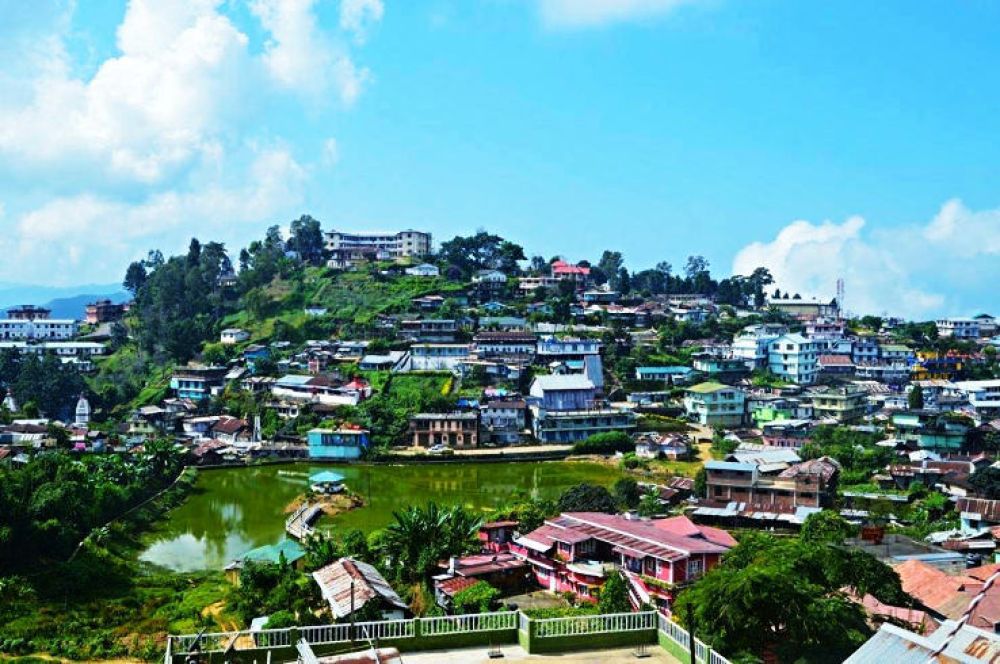

The picturesque town of Wokha is a hidden gem nestled in the hilly landscapes of Nagaland, one of India's northeastern states. Often referred to as the 'Land of Plenty' by the local Lotha tribe for its rich agricultural produce, this town has a quiet but compelling historical presence in the realm of tourism.
Wokha's history of tourism is intricately tied to the cultural heritage and traditional practices of the Lotha Naga people. Although not traditionally a tourist hotspot, Wokha started gaining attention with the increasing interest in the Hornbill Festival, an annual cultural festival of Nagaland that showcases the culture of various Naga tribes. While the festival itself is hosted in the state capital, Kohima, its popularity has steered visitors towards the surrounding districts like Wokha that are rich in cultural diversity and natural beauty.
Over the years, Wokha has slowly developed its infrastructure to cater to the needs of tourists. The government and local communities have been working together to create sustainable tourism models that both promote the region and protect its ecosystems.
Visitors to Wokha are greeted by lush green hills, vibrant paddy fields, and picturesque landscapes. Key attractions include:
In recent years, there has been a shift towards eco-tourism and community-based tourism initiatives in Wokha. The picturesque landscapes of Wokha are now being promoted through homestays and community-run guesthouses that provide an authentic experience of Naga life.
Additionally, adventure tourism is on the rise with more trekkers and nature lovers seeking out Wokha's unspoiled paths and peaks. With increased digital connectivity and the establishment of new travel agencies focusing on Northeast India, Wokha is now more accessible to a larger audience looking for offbeat travel experiences.
The trend of cultural tourism has also seen growth with tourists flocking to participate in local festivals and to explore the traditional art, music, and crafts of the Naga tribes.